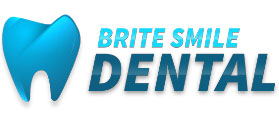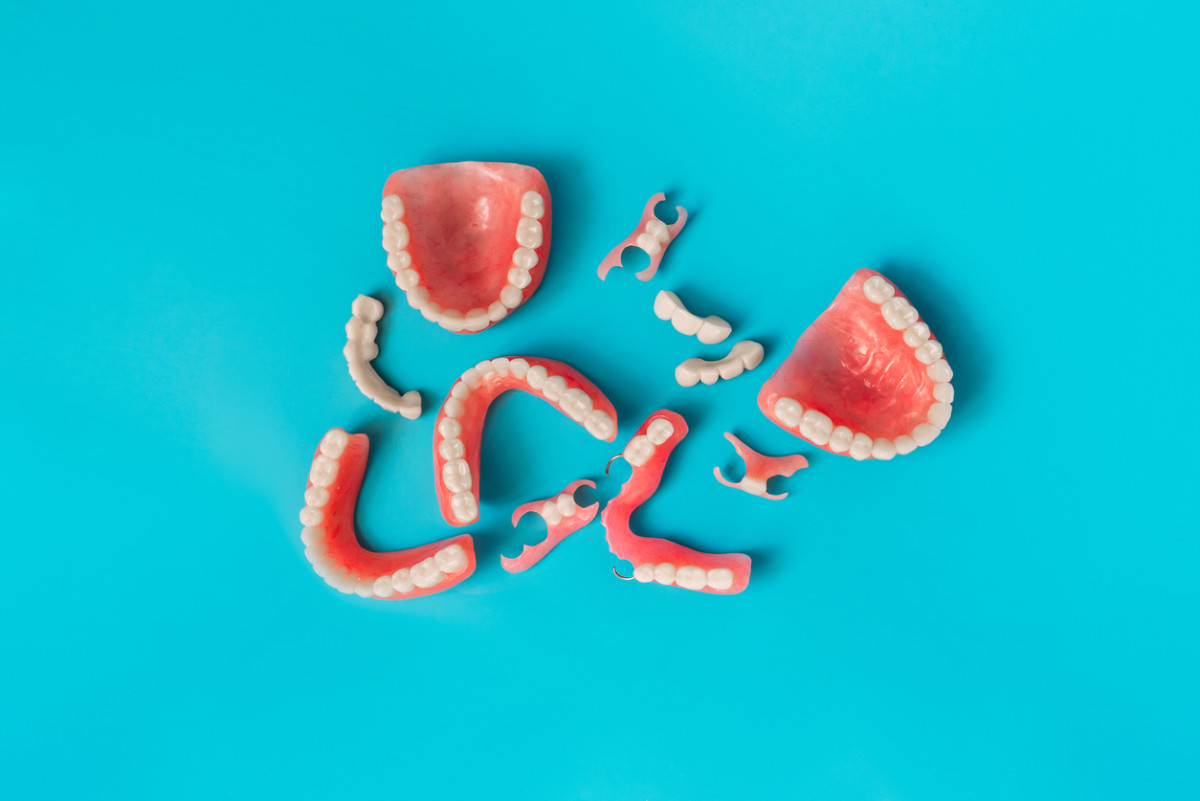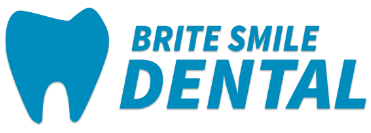It can be difficult to adjust to dentures, particularly within the first 30 days. You may have noticed a change in your sleeping habits, eating habits, and smile. Dentures can be an advanced treatment option that allows you to eat and behave in your own way. It can take some time for your body to adjust. Let’s look at the first month of adjusting to dentures.
First Month of Adjusting to Dentures
Your dentures should feel comfortable. Soon, your dentures will feel just like natural teeth. You have many choices for how you eat that will make it easy to live comfortably. These tips can make it easier to adjust to dentures. Below, your trusted dentist in Canoga Park will share some tips on what to expect during your first month of adjusting to dentures.
Eat More Slowly Than Usual
It is best to slow down with all of your daily habits when first starting out with dentures. It’s easy to get distracted by your favorite foods and want to eat every single one. Regardless of how difficult or difficult that may be. Your dentures must be adjusted according to your body’s own needs. This could get skewed depending on the way – and the amount – that you eat.
Look Out for Broken Dentures
Your new appliances should feel natural as you become more familiar with them. They may feel strange at first but will start to become a natural part of you as you become more accustomed to them. However, if they continue to feel strange and you just can’t get used to them, there may be an overlaying issue.
Your dentures could become loose or distorted if they aren’t fitted correctly. This is usually not your fault and may be the fault of the dentist who did not properly install your dentures in your mouth. Make sure you get yourself to the dentist right away for a readjustment so you can avoid costly repairs that only worsen over time.
Invest in Gentle Brushing and Flossing
Although you may never experience the same joy as eating with natural teeth, some people can recreate that feeling. Dentures are an excellent option because they allow you to chew and move with your mouth just as you would with your natural teeth. They will feel just like your body, and they will be as integral to it as any other part.
You can maintain good dental hygiene by putting more effort into your daily routines. Daily brushing, flossing, and rinsing can make a big difference. Make sure you clean your dentures after you have taken them out at night. This is a good time to brush your tongue and gums.
Know What NOT to Eat
Certain foods, substances, chemicals, and other objects can cause damage to dentures. Even if you have had them for a long time, they can still be susceptible to damage over time from improper eating or chewing. Avoid sticky, chewy, and tar-like substances. These can prove just as detrimental to your dentures as they can to your real teeth. If your dentures get too damaged, it can turn into one costly repair.
When you get your dentures, it is important to be aware of what you can and cannot eat safely. As you get more accustomed to dentures over time, it will be easier to eat a variety of different foods again.
Invest in Upland Dentures Today
Although dentures can be difficult to adjust to, they can offer many benefits for your dental health over the long term. The first month of adjustment might be the most difficult, so our dentists want to be here to help guide you through this transitional period. You can transform your overall dental health and chew naturally again when you get your own custom set of dentures in Canoga Park today.


